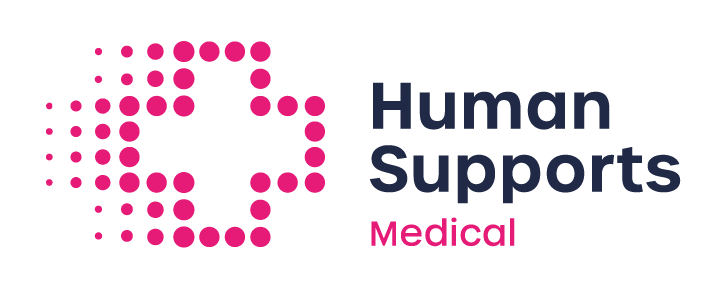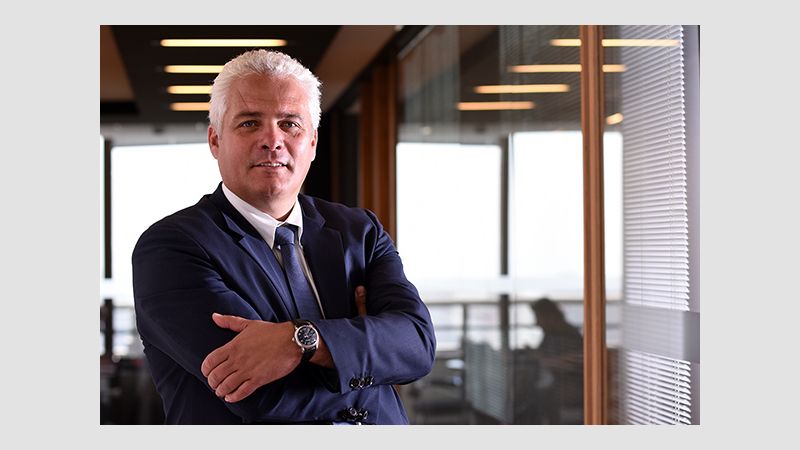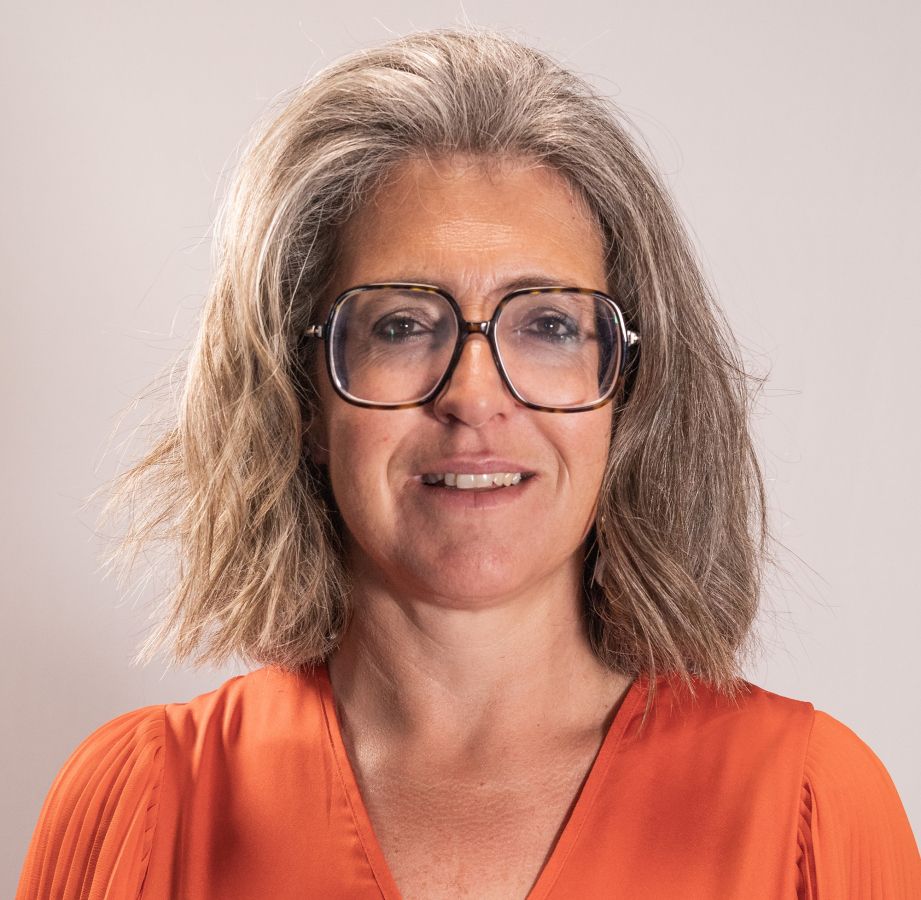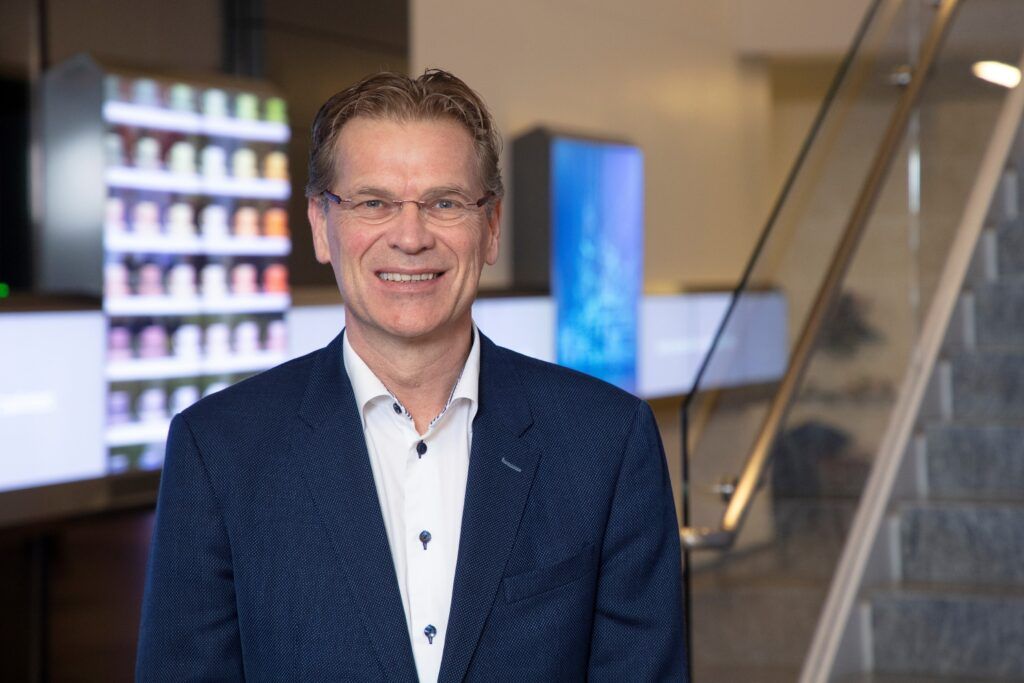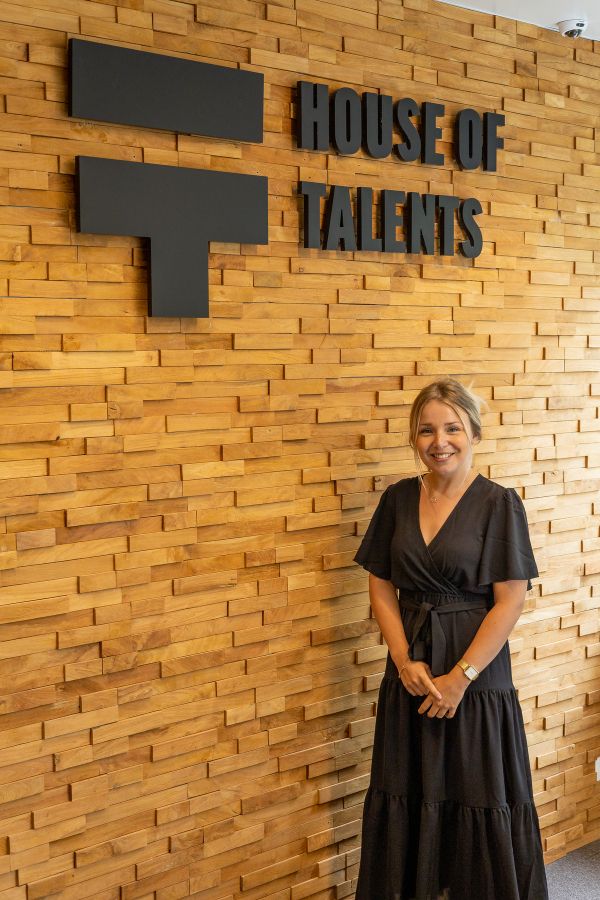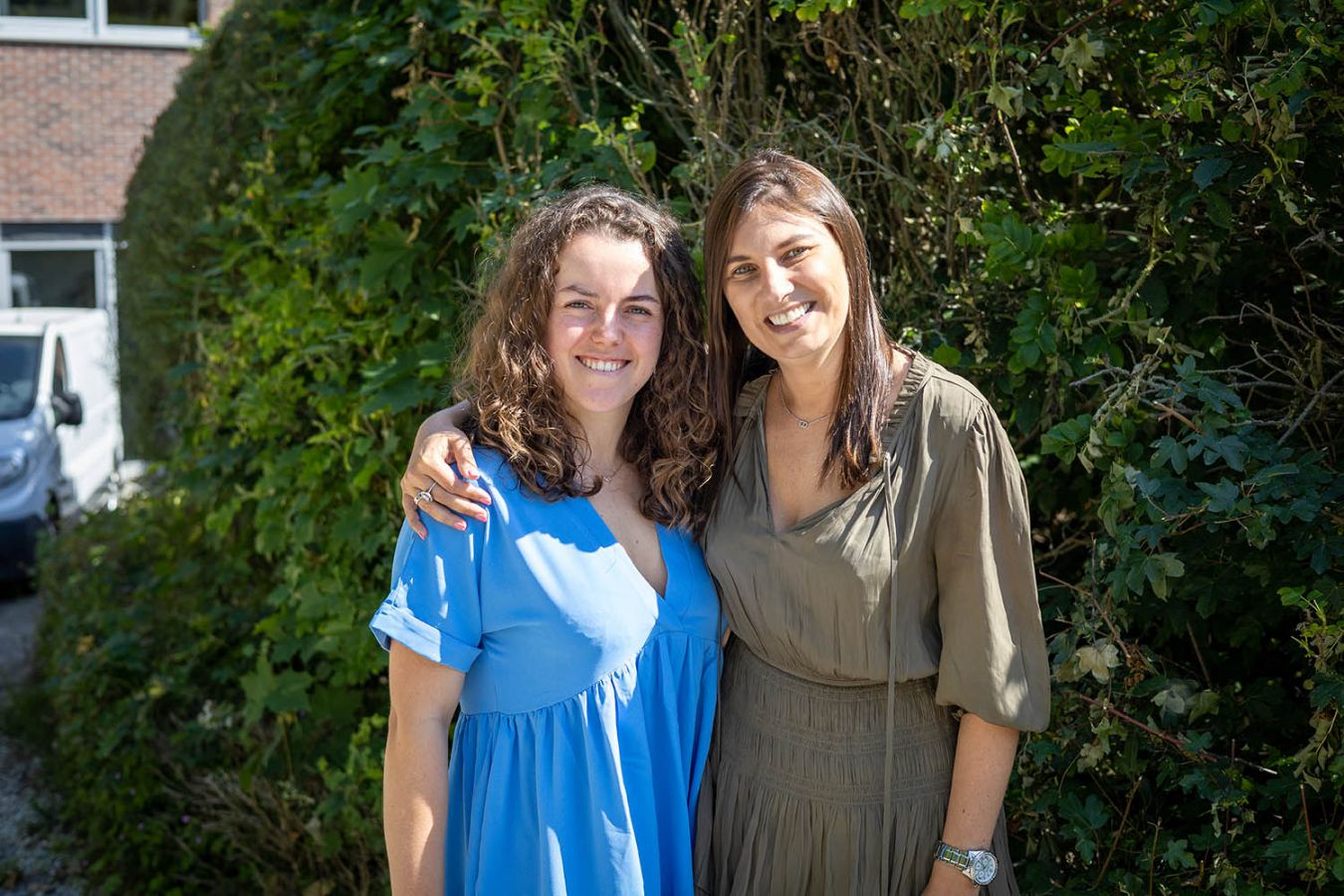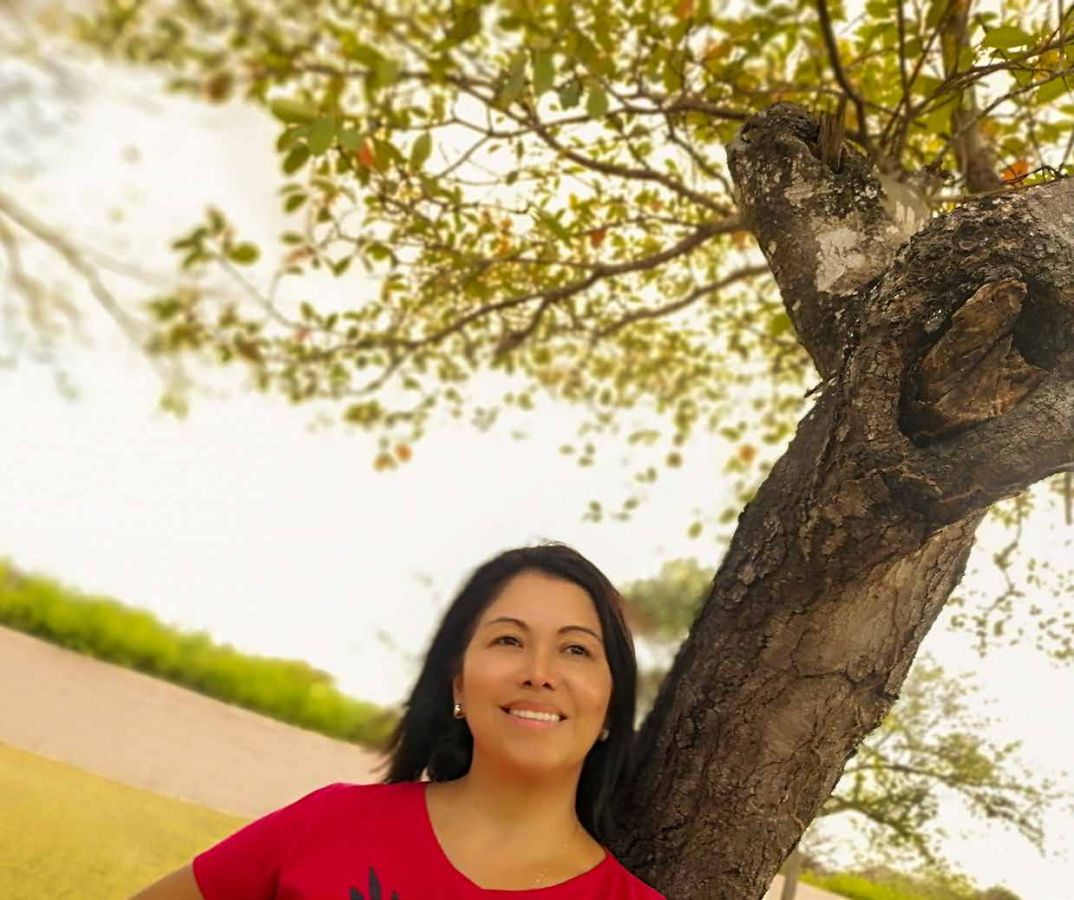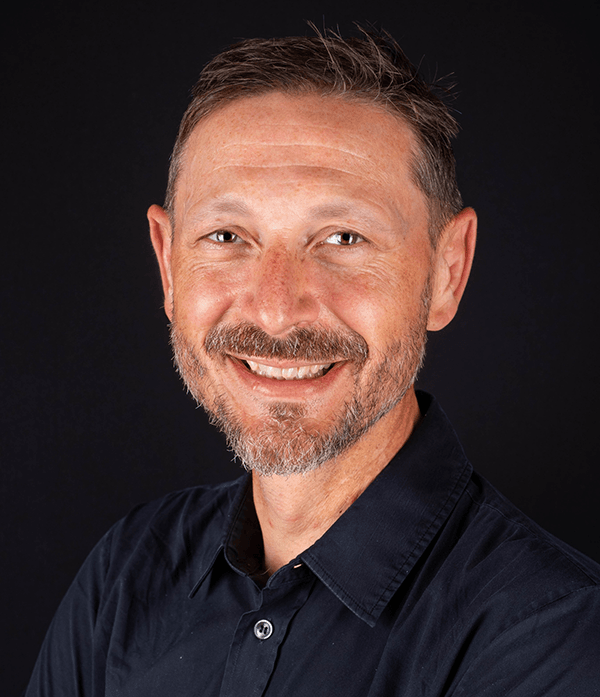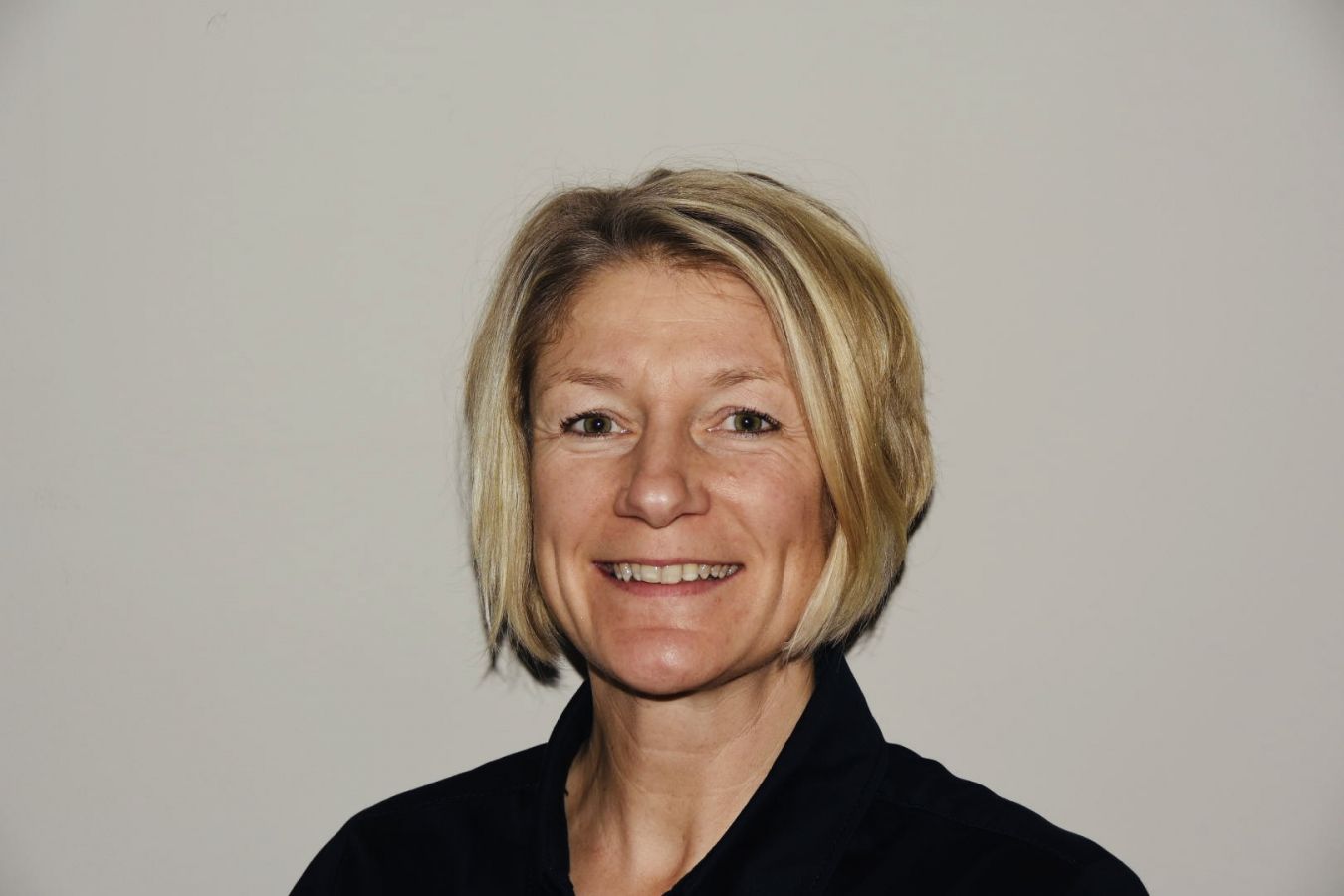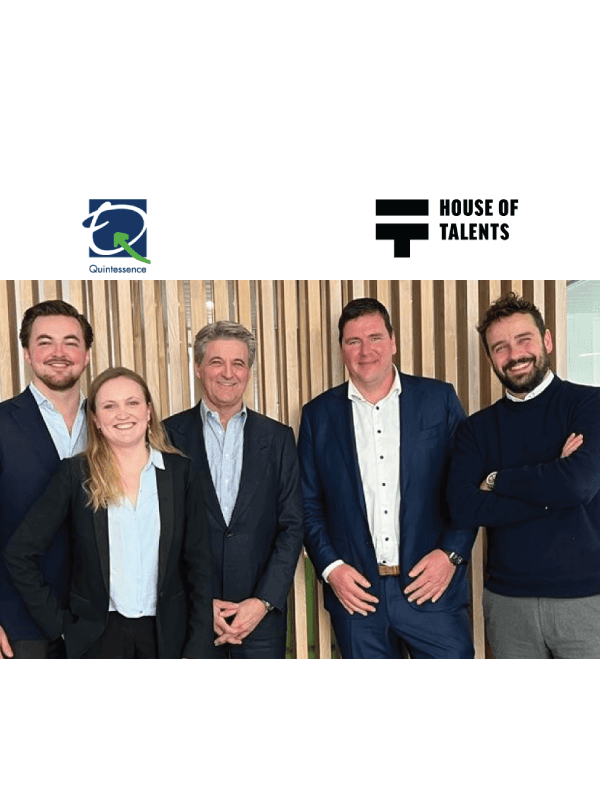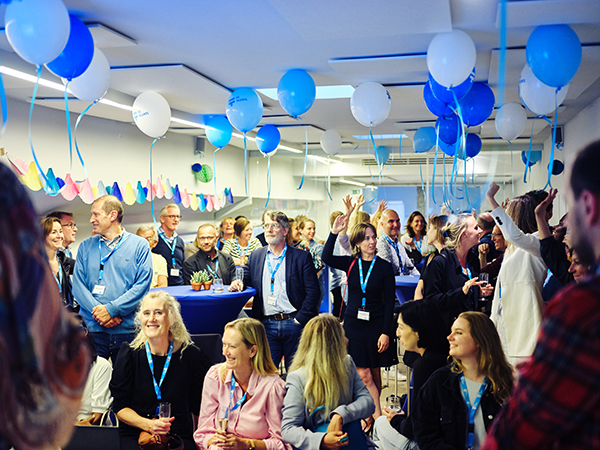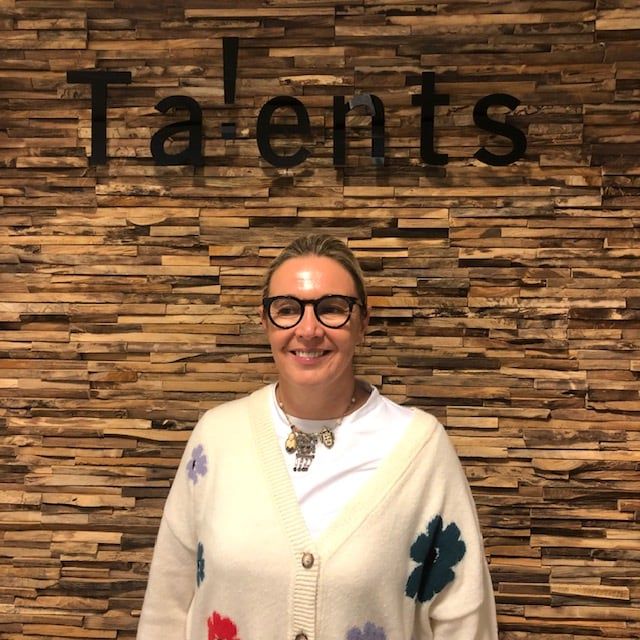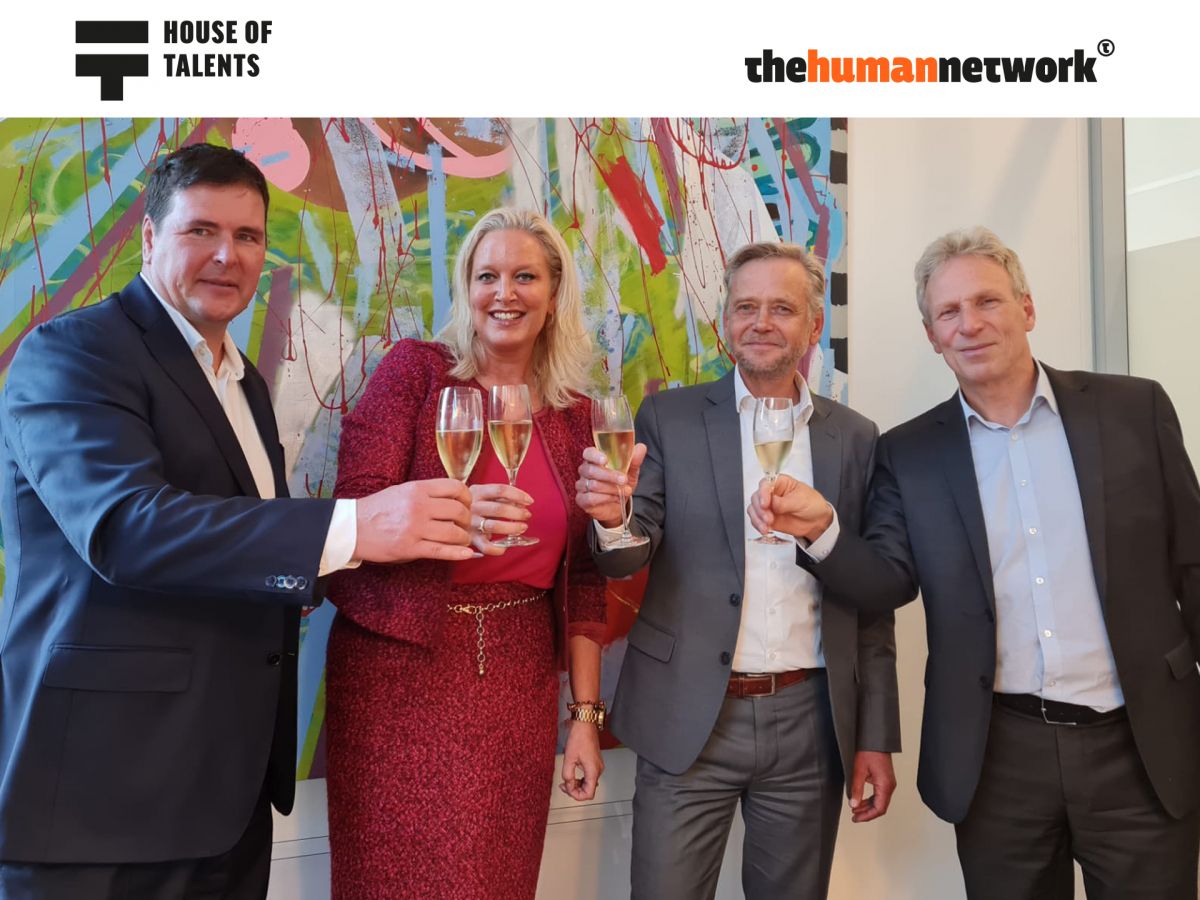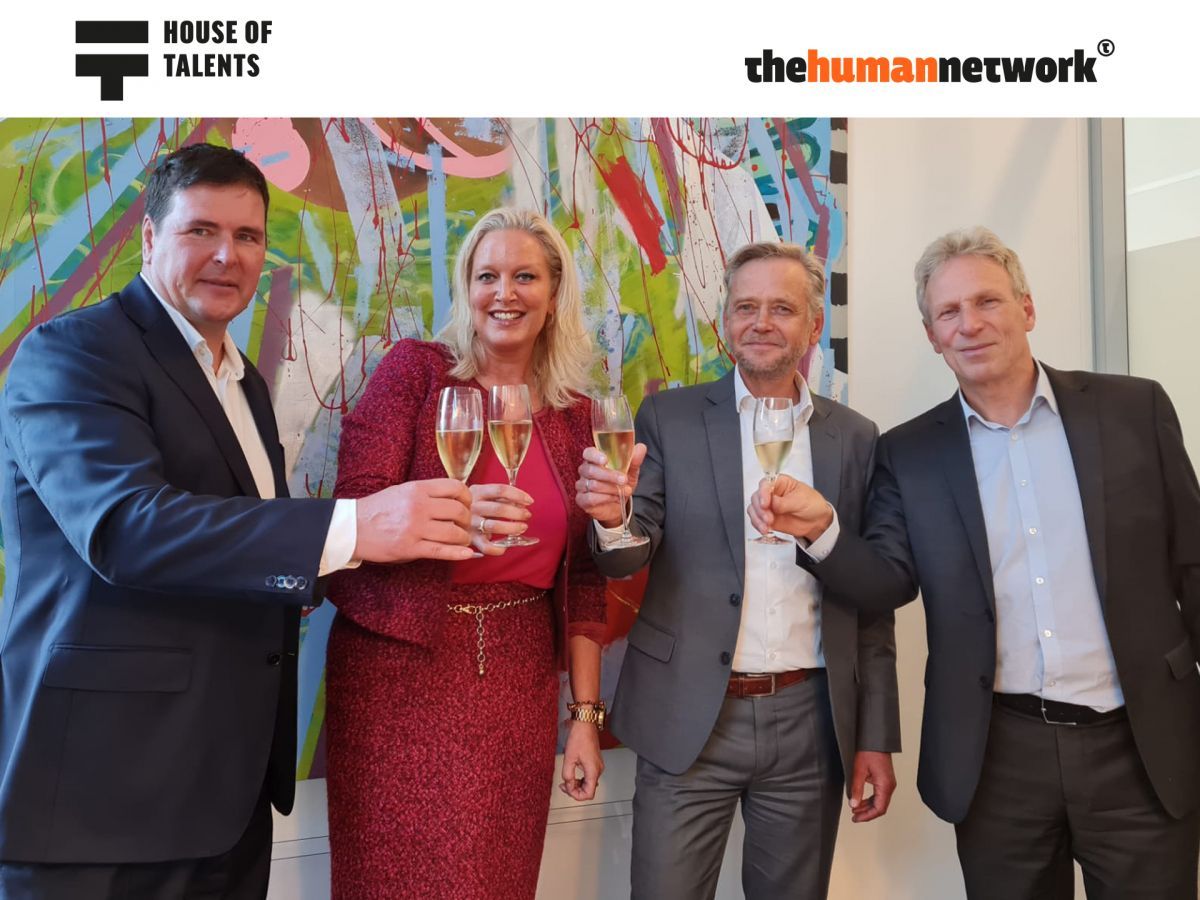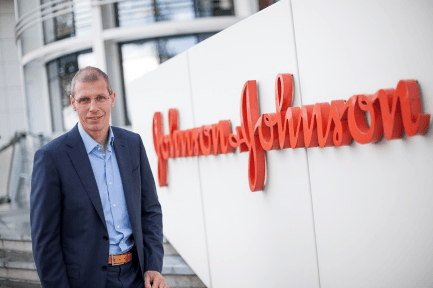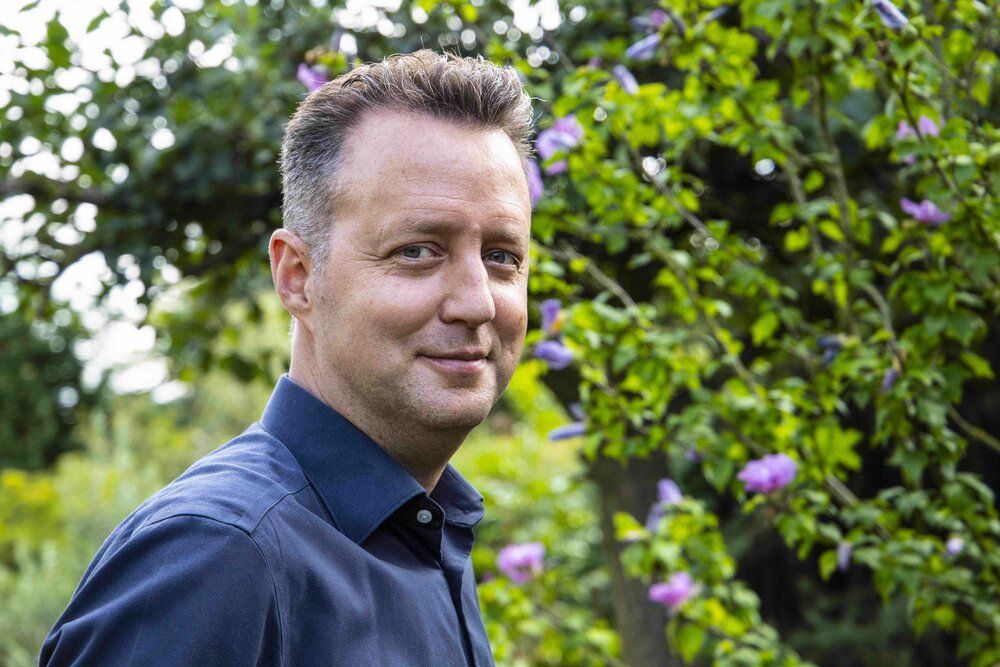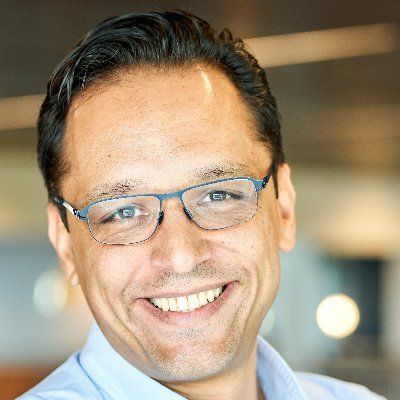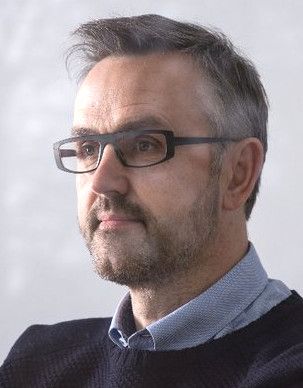Being a leader is not a job, it is a responsibility
Every month, Lesley Arens of #ZigZagHR interviews an international HR professional. This time Sofia Van Overmeire, General Manager of HR Talents, connects Lesley with Rik De Buyserie, CEO and Country Manager of ENGIE Peru. So not an HR professional? As Group Deputy HR Director he was responsible for attracting and training future leaders worldwide at Engie for many years.
Today, as Country Manager Peru, Rik De Buyserie is responsible for the organisation of ENGIE in an entire country. Although he has been away from Belgium for 16 years, the essence of HR and the way it is organised and structured is not so different in international companies, he notes. He shares five lessons in leadership, based on his personal leadership trajectory and the one he rolled out globally for ENGIE Group. And how does he look at HR today when it comes to leadership? What if he were to return to HR?
A CEO's 6 lessons in leadership
Lesson 1: Every new role is a leap in your personal development
"Thirty years ago I started as a trainee at ENGIE in Ghent and although I have never worked in another company, I have not done any job for longer than four years," Rik De Buyserie recalls. "That means that in my career I have had many supervisors from whom I could learn. Thanks to each manager, I have grown as a professional and as a leader. I have also learned that it is very difficult to become a manager of your colleagues. Every change of role - inside or outside your company - is a leap in your personal development. That's why I find it so valuable that people change contexts and leaders regularly."
Lesson 2: The essential difference between high potentials and high performers
"As Deputy HR of the ENGIE Group, I was globally responsible for attracting and developing top talent. In that role, I rolled out various programmes to identify high potentials. Through trial and error I learned that, often, we were selecting high-performers rather than high potentials. And that's a key difference: just because you deliver particularly strong results in a current role, doesn't mean you will in any other context."
Lesson 3: It is more difficult to retain top talent than to attract them.
"I have also learned that we have to be more selective about who we include in such a programme: if you cannot make a challenging proposal to that employee in the foreseeable future, it is very demotivating. After all, there are only so many roles available at top level. The biggest challenge is therefore not so much to detect top talent, but mainly to keep top talent, and that goes double for women, especially in a sector where there is already an imbalance."
Lesson 4: Focus on people leadership rather than business leadership
"The focus used to be on business leadership. Today, the focus has shifted completely to people leadership. That aspect of leadership has gained importance worldwide. At ENGIE, we don't have to convince anyone of our why: who could be against sustainability or renewable energy? The challenge today is how to translate that as a leader into an organisation. Interpersonal skills have become much more important than purely content-related skills."
Lesson 5: Ensure qualitative connection (and not only with your own team)
"In Peru, the corona pandemic had a serious impact and the atmosphere was very grim. For about two years people had to work from home, and schools were closed for the entire period. Leadership during the pandemic was certainly not easy, but every crisis requires focus and much is done on adrenaline. The greatest leadership challenge will only manifest itself in the aftermath of the pandemic when we will have to organise ourselves structurally differently as an organisation. At ENGIE we decided to evolve globally to a system where people have to be in the office for three days. As a leader, how are you going to ensure that people stay connected to one another when some will barely see each other?"
"To keep the connection going over the past two years, I randomly invited ten employees to 'Coffee with Rik', twice a month. To talk, but especially to listen. In Peru, people often live together with their parents and grandparents. That, in combination with home schooling and quarantine, is quite taxing on mental resilience. And once a week, in addition to consultations with my direct reports, I also had one-on-one consultations with supervisors, to keep in touch outside my own team. That really helps. Empathy has never been so important. Maintaining quality contact at a distance and demining conflicts from a distance - those are really the two most difficult challenges that will arise in 2022 when it comes to leadership."
Lesson 6: Office design does help
"How do you motivate people to come back to the office? What I want to avoid is what we see in Belgium: back to the office, back home, and so on. That's not how people get their lives organised. Just before the pandemic, we had just worked out a plan to redesign our office environment. In Peru, leadership was still traditionally very authoritarian: the biggest boss has the biggest office. Soon, more specifically on 1 March 2022, we want to motivate people to return to a beautiful new office environment that does away with that traditional form of leadership and we are going to move towards an environment of 100% open space, no one will have their own desk. I'm really looking forward to that."
2 questions addressed to a CEO and former HR director
Question 1: How does a former HR director view HR today, as a CEO?
"What HR has grown strongly in over the past few years is the professionalisation of the HR function, including digitalisation", says Rik De Buyserie. "The technicity has improved a lot. Now that I have been CEO for four years, I only realise how little I knew about the business, even though I had the most senior HR roles you can hold within the group, and even though I was on the executive committee in North and South America, in London and Paris. I would be a much better HR professional now than I was then. The information I have now as CEO, you can never acquire as HR, not even as an HR business partner."
"Of course, whether you are a good HR professional does not necessarily depend on whether you have business experience or not. That alone is certainly no guarantee for success. It's about leadership, about curiosity, about interest. And it depends more on the person than on the experience. For various reasons, shadowing the CEO as HR Director is not always straightforward. But that should not be an excuse for HR not to get to know the business better. Above all, you have to be interested and eager to learn...".
Question 2: What would a former CEO do differently as an HR Director?
"The HR function of international groups has too little added value locally, and focuses too much on reporting and on control rather than on leadership," believes Rik De Buyserie. "I would do much less at group level, but what I would do, I would do much more directly. If I were CHRO of an international group, I would centralise much less and give the regions more autonomy. I would set up an active rotation policy to detect the top leaders within the group. That way, you not only ensure growth and oxygen in the leaders themselves, but also in the regions and in the teams. What I would be much more directive about is streamlining the most important HR processes and implementing an HRIS tool".
3 tips and 1 warning about leadership in 2022
Tip 1: Grow in leadership
"The best leaders are not born leaders, but grow in leadership. You can learn almost anything, as long as you have the desire for it and are willing to take the ownership for it. Being a leader is not a job, it is a responsibility", emphasises Rik De Buyserie.
Tip 2: Team growth
"The best leaders are focused on growing their team. If there is a vacancy, you immediately see which teams contain the best leaders. Everyone wants to work for them because they are known to take their team to the next level, because they get them moving and eager to get better. That is what real leaders do.
Tip 3: Growth of society
"The best leaders understand that sustainability and sense of purpose are not buzzwords. Our world demands a new leadership in which sustainability and purpose are simply central. This means that leaders no longer make decisions that only benefit their shareholders, but which benefit all stakeholders. And those stakeholders form a very large and important group, quite simply the largest and most important group. Companies are increasingly being asked to take on a social role. And companies are increasingly doing so. This is not window dressing, this is really happening now."
"And that definitely has implications for leadership in those companies. As a company and as a leader, you have to be authentic today and act accordingly. In Peru, for example, we have committed to closing our coal plant (the only one in the country). We cannot preach sustainability and at the same time build a new coal plant. But how far do you have to go? In Peru, for example, there is a lot of poverty. Look at this: one million people (out of a population of 33 million) have no electricity. How much should we, as a company, contribute to help solve this problem? When do you do enough? What is enough?"
Warning: What does not work in leadership development
"What doesn't work are expensive leadership training courses," warns Rik De Buyserie. "You have to put people in a situation where they can put theory into practice. Leaders do not become better leaders by sending them to a training course in an expensive business school, and certainly not by artificial role plays. Leadership training without on-the-job coaching makes no sense to me." A clear message...
Source: #ZigZagHR: www.zigzaghr.be
LET'S MEET!
Looking for a new challenge in HR? Let's talk!









